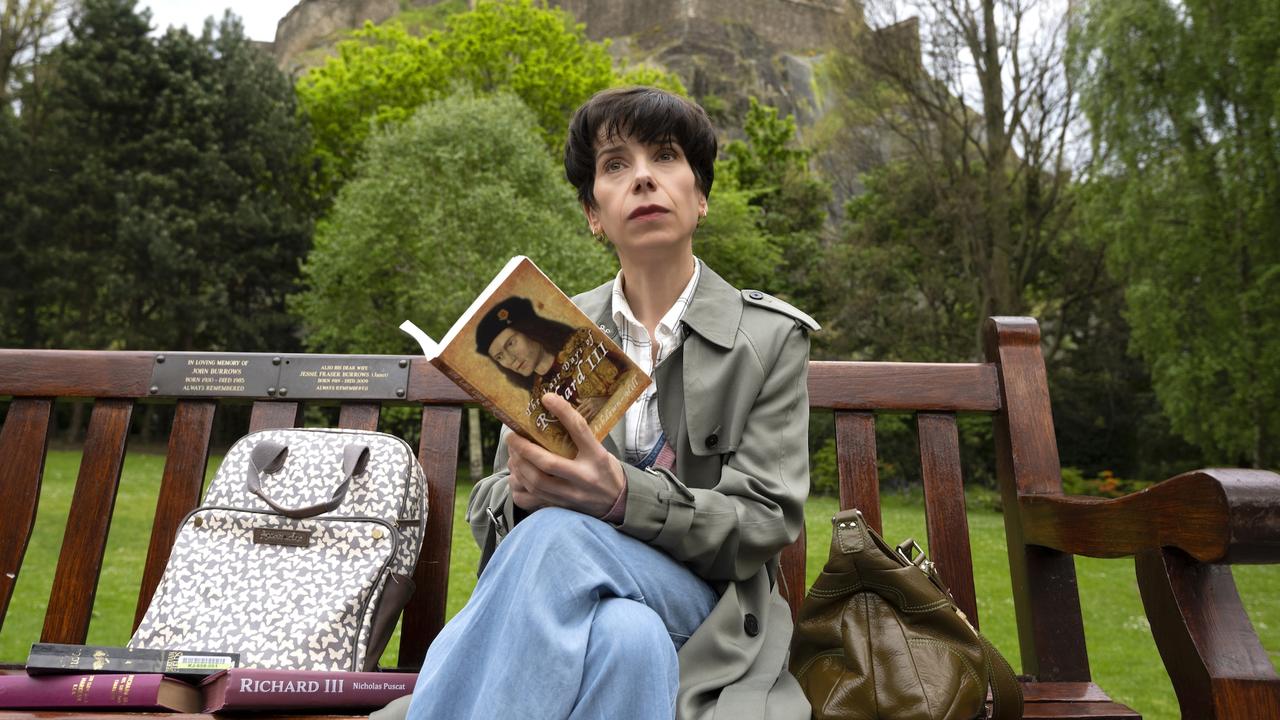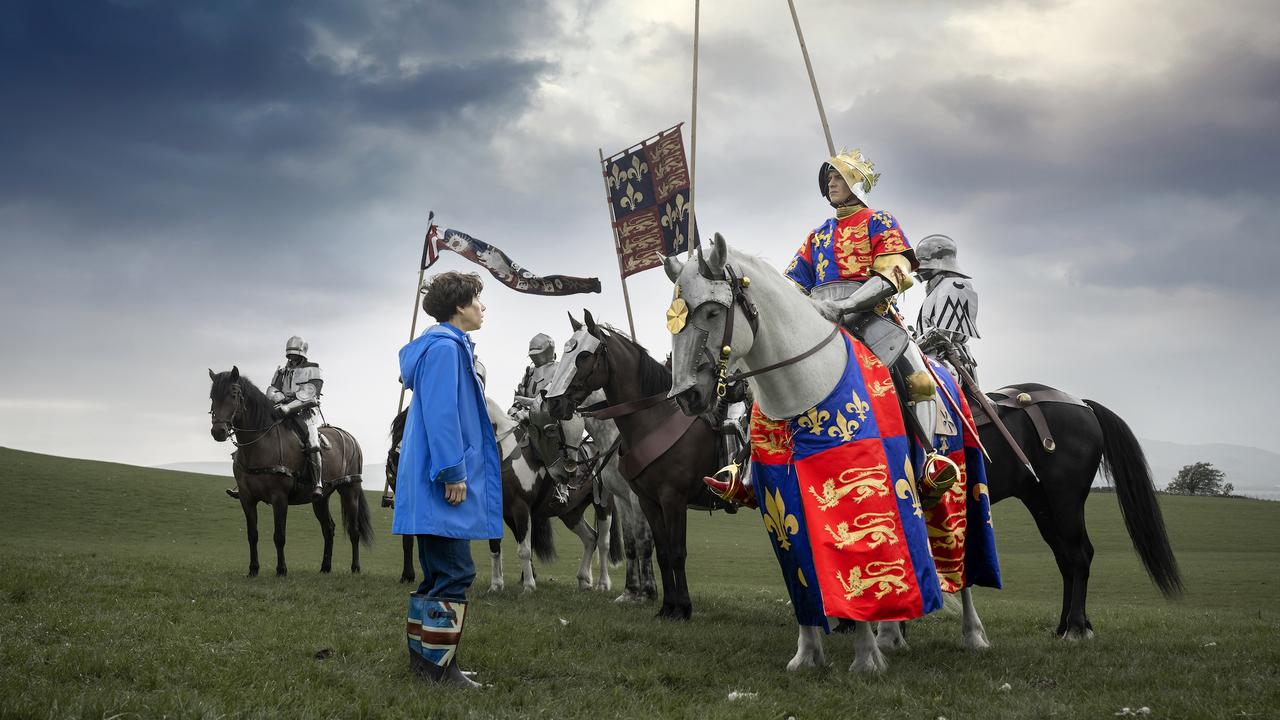The Lost King: Reclaiming a centuries-old villain story
Even William Shakespeare would be able to appreciate the irony to how the off-screen drama is playing out.

The Lost King is one of those movies where the real-life stories swirling around it is more interesting than the onscreen drama.
Based on the extraordinary true story of an amateur historian’s search for the remains of England’s King Richard III, located under a Leicester government carpark, The Lost King is a typical underdog story.
It has a likeable but obsessive lead character, a seemingly futile quest and ultimately a triumph over naysayers, disbelievers and near-impossible odds. That’s a formula for a crowd-pleasing movie on which you’d be happy to while away a couple of hours – and preferably with your nan, who will love it.
It also has the always delightful Sally Hawkins, who brings emotional resonance to any character she slips into, and as Philippa Langley, she’s a largely sympathetic character whose dogged pursuit is partly fuelled by her connection to Richard III’s story.

Overlooked at work due to her medical condition, any psychology student will tell you there’s a level of transference going on when Philippa clings onto what she sees as her mission to correct the unfair malignment of Richard III’s legacy.
For centuries, Richard III has been cast as a hunchbacked villainous usurper who murdered his young nephews – but Philippa isn’t convinced. And if she can find his remains, she can prove everyone, including William Shakespeare, wrong.
Hawkins’ compassionate rendering of Philippa rounds out some traits that could have come off as far more self-righteous and off-putting, especially when her singular focus takes her away from other responsibilities.
There’s a subtle supporting turn from Steve Coogan, another favourite of the Anglophile crowd, who plays Philippa’s ex-husband John. Coogan also co-wrote the screenplay with Jeff Pope, a reunion for the scribes who together penned Philomena.
The Lost King doesn’t have the same emotional gravity as Philomena but there is still an intimate grounding at the core of its story, a one-woman charge that audiences know ends with one of the strangest discoveries beneath any carpark.

But that need for a binary conflict is what has landed The Lost King is something of an ethical they-said-they-said bog.
In order for the dramatised Philippa to succeed, for the story to have thematic clarity, she needs an oppositional force. It wasn’t enough for that resistance to be a David versus Goliath story of her against the nebulous establishment.
The Lost King gave a name and face to that hostility – Richard Taylor from the University of Leicester, a real-life person who has threatened to sue for defamation over what he says is a deeply unfair portrayal of him in the film.
The University of Leicester is also pretty miffed at how it comes across, issuing a press release after the UK premiere, taking umbrage at The Lost King’s characterisation of itself as a “true story”. The filmmakers argued that its research backs up Langley’s recollection of events.
It’s an interesting conundrum for the largely satisfying film given the movie is partly about reclaiming an erroneous narrative about a man named Richard.
Taylor, in his view, must see the irony in being shaded as the manipulative, dismissive bad guy, in a story about character assassinations.
Surely Shakespeare would be able to appreciate this off-screen final act twist to his grand tale.
Rating: 3/5
The Lost King is in cinemas now




